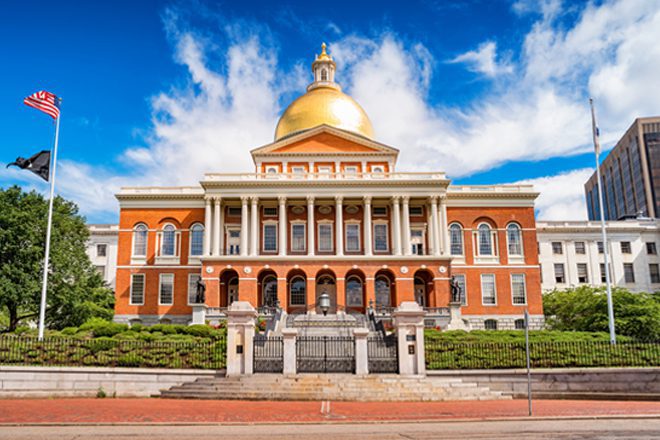Martin Luther King, Jr. Day and Affordable Housing in Boston

If you think that housing segregation was caused by white people not selling to black people out of their racism, ignorance, or both, think again. Housing segregation is structural.
The biggest drivers of segregation were (and still are) legislative and other governmental decisions that led to building “affordable housing” and “urban renewal projects” that harmed the social fabric of poor communities.
Here’s a quick video showing the highlights of housing policies that went astray.
1949:
There are better ways to provide incentives to builders than were achieved by the Federal Housing Act of 1949. Its objective was
“the achievement as soon as feasible of a decent home and a suitable living environment for every American family, and sets forth the policies to be followed in advancing toward that goal”
according to President Truman. It did not do that. There were more urban homes destroyed than built.
The American Housing Act of 1949 greatly expanded the federal government’s role in housing. It included significant funding and authorized the use of eminent domain to clear slums, paving the way for urban renewal in the subsequent decades. By 1974, 2,100 urban renewal projects covering 57,000 acres had been completed. In the process, 300,000 families were forced to move – more than half of whom were non-White. Here in Boston, it led to the destruction of the West End. Over the years, it has been shown the so-called “urban renewal” damages tight-knit communities and mostly benefited white, middle-class homeowners.
Here is a more complete timeline of housing policy. But, let’s just say there has not been enough done to undo these injustices, here near Boston, and nationwide.
2020:
In 2020, Boston was ranked 11th most segregated of the top 50 U.S. metro areas, resulting in disparities in economic and educational opportunities and access to healthcare and jobs. That economic pressure has only gotten worse since then. In Boston, the rapidly rising costs of housing are pushing Black families farther out of the city center as unequal housing choices shape new locations of segregation across metropolitan Boston. [source]
Be there Thursday, January 18, at the State House:
On October 18, 2023, Governor Healey and Lieutenant Governor Driscoll unveiled the Affordable Homes Act, a comprehensive bill to increase housing production and invest in livable communities.
It is over a thousand pages – as these things always are! The summary pages are only six pages. They are well worth looking at.
Affecting policy is one of the ways to rebuild our communities. Legislative hearings are scheduled regarding the Affordable Homes Act this Thursday. There will be a standout in front of the State House at 10:15 and the hearings start at 11. Here’s more about the January 18th hearing.